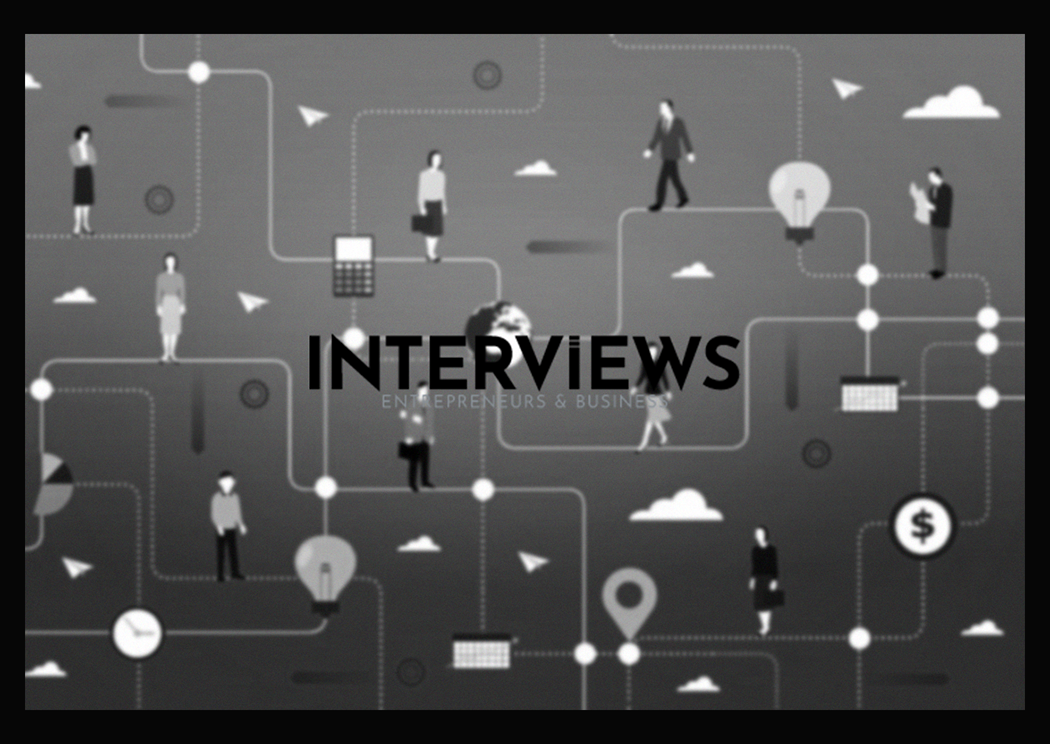What is the Hardest Job in the World?
What is the hardest job? Some may say it’s like climbing Everest in flip-flops. Defining ‘hardest’ is tricky. It varies based on what type of ‘hard’ is being discussed.
Factors Contributing to Job Difficulty
A tough job isn’t just one thing. It often includes various unpleasantries.
Stress Levels
Stress fills modern life. Too much turns a career into misery.
High Pressure/High Stakes: Imagine making decisions that affect everything. Some jobs carry heavy responsibilities.
Long/Irregular Hours: Forget ‘work-life balance.’ Some jobs often mean working from sunrise to sunset, with night shifts, too.
Heavy Workload: Drowning in tasks feels overwhelming. Some jobs never seem to end.
Lack of Control/Autonomy: Being micromanaged drains motivation. A cog in a machine lacks say in their work.
Job Insecurity: The fear of losing a job causes anxiety. Industries change, and you may question your future.
Physical Demands
Desk jobs may seem easy, but tough jobs require true effort.
- Logging Workers: Cutting down trees is risky.
- Commercial Fishers: Staying at sea for weeks is hard work.
- Aircraft Pilots and Flight Engineers: Managing planes requires skill and responsibility.
- Roofers: Working on rooftops can be hazardous.
- Structural Iron and Steel Workers: Building tall buildings is a risky job.
- Refuse and Recyclable Material Collectors: Heavy lifting and weather exposure make garbage collection tough.
- Delivery Truck Drivers: Long drives, deadlines, and traffic stresses drivers.
- Agricultural Workers: Laboring in fields is backbreaking work.
And don’t forget these physically challenging roles:
- Miner
- Registered nurse
- Professional athlete
- Chiropractor
- Personal trainer
- Firefighter
- Machine operator
- Dancer
These roles demand physical strength.
Emotional Demands
Some jobs hurt your emotional health as well.
Exposure to Trauma and Suffering: Facing human misery regularly takes a toll. Many professions deal with difficult issues.
Research shows some careers have high depression rates. These include:
- Social workers
- Disability lawyers
- Long-term care administrators and nurses
- Mental health counselors
- First responders
The burden is heavy.
Dealing with Difficult Customers: Working in customer service can cause stress. The challenges of impossible customers lead many to burnout.
Burnout
Burnout affects many people, not just millennials. When work pushes limits, burnout occurs. Some jobs create instances of burnout.
A survey showed project managers had a 50% burnout rate in the US. Healthcare followed close behind. Social workers face a similar volcano of stress. It’s like running a daily marathon.
Unhealthy Working Conditions
Your job’s environment matters. Cramped spaces or toxic fumes lead to poor health. Some professions expose workers constantly to danger. No workplace should require health warnings.
Low Pay
Poor pay for hard work is disheartening. Low pay with long hours leads to dissatisfaction. The food service industry often falls into this trap.
Lack of Growth Opportunities
No room for growth ends careers. Feeling trapped in a dead-end job is discouraging. Analysts sometimes report unhappiness due to rare growth prospects.
Poor Company Culture
A toxic workplace ruins even good jobs. Bullying and backstabbing create negative atmospheres. No salary can offset such experiences.
Difficult/Stressful/Unhappy Jobs & Industries
What jobs constantly rank high in difficulty? Let’s look at some known contenders.
Ruling a Country
The phrase “heavy is the head that wears the crown” applies to running a country. It is a stressful role. Ruling includes constant decisions, crises, and public scrutiny. No pressure, right?
Healthcare
Healthcare roles are filled with pressure. They involve life-and-death situations regularly.
- Surgeons, Physicians, Nurses: These roles face long hours and critical decisions. Emotional strain makes it tough. India Today highlights these professions.
- Radiologists: They often face radiation exposure in hospitals.
- Mental Health Counselors: Emotional exhaustion from absorbing trauma takes its toll.
- Emergency Medicine Physicians: They manage critical situations needing quick decisions.
- Nurse Midwives: Guiding childbirth is rewarding but demanding and responsible work.
Public Safety
These professionals respond to emergencies. Stress follows them always.
- Military Personnel, Police Officers, Firefighters, Emergency Dispatchers, Social Workers, Broadcasters, Newspaper Reporters, Judges: These jobs come with high stress rates. Each one faces danger and quick decisions.Business News Daily lists many of these jobs.
Social Services
The name says it all: serving society often means helping vulnerable people. It’s meaningful, but draining.
- Social Workers: Managing complex issues while under-resourced leads to burnout. They find little joy in their work.
Skilled Trades
The skilled trades matter a lot. However, they are often demanding and hard work.
- Electricians: They face physical demands and dangerous conditions regularly. Electricians feel unsupported according to Metro News.
- Loggers, Roofers, Structural Iron and Steel Workers: These roles involve significant injury risk daily.
Other Professions
Tough jobs exist in many areas. Misfortune isn’t limited to one sector.
- Airline Pilots, Flight Engineers, Commercial Fishers, Refuse and Recyclable Material Collectors, Delivery Truck Drivers, Agricultural Workers: These jobs carry high physical risks.
- Data Analysts: Tough hours and poor culture add to unpleasantries in data work.
- Teachers: They often receive little pay while managing challenging classrooms.
The roles of General Managers, Administrative Assistants, Cashiers: have long hours, low pay, and difficult customers that escalate stress and unhappiness.
The situation with Project Managers shows burnout as the norm. The survey highlights stress levels.Corporate Sales Leadership: faces unceasing pressure to meet demands. Stress mounts over time.
The role of Judges. Important decisions cause heaviness in decision-making. USA Today ranks judges highly among stress-filled jobs.
The lives of Broadcasters, Newspaper Reporters: fraught with deadlines and public expectation. The pressure often feels relentless.
The work of Event Planners: Stress tolerance is necessary. Dealing with constant changes requires high resilience.
- all in a day’s work.
Unhealthy Jobs
Some jobs affect health badly. They can cause problems in the long term.
- Radiologists: They face serious risks from radiation.
- Miners: Mining ranks among the most dangerous jobs worldwide.
- Healthcare roles: Illness exposure and long hours lead to health issues.
Some jobs lead to obesity. This is likely due to sedentary habits:
- Motor vehicle operation
- Protective service occupations
Related Considerations
Now, let’s consider the opposite. What about simple or happy jobs?
Happiest Jobs
Job satisfaction exists! It isn’t always about money.
- Agriculture, logging, and forestry: These jobs have high happiness rates and low stress. The fresh air might help.
- Chief technology officer, Network engineer, HR manager, Accounting manager, Software engineer, Real estate agent: These roles show up as happiest. A blend of challenge and reward may be key.
Peaceful Jobs
If you seek tranquility, these jobs might suit you.
- Librarian: Quiet settings, helping people, book-loving. That sounds great for introverts.
- Archivists: They preserve history in serene settings.
- Certain roles in government or research: Stability with intellectual stimulation can create peace.
- Accountant: The structured environment and numbers can be calming.
- Computer Programmer: Focused, independent work suits the right personality.
- Data Entry Specialist, Medical Records Technician: Repetitive tasks suit those who enjoy routine.
- Park Ranger, Landscaper: Working outdoors is peaceful for many.
- Audiologist, Massage Therapist, Hairstylist, Orthodontist, Occupational Therapist: Helping others can be rewarding and calming.
- Art Director, Web Developer, Copywriter, Technical Writer, Film and Video Editor, Occupational Health and Safety Specialist, Market Research Analyst: These roles blend creativity with focus, often in calm environments.
Easiest Jobs
Some jobs are easier than others. No shame in that.
- Taxi or Ride-hailing Driver and Chauffeur
- Garbage or Recyclables Collector
- Groundskeeper or Landscaping Assistant
- Virtual Customer Service Representative
While ‘easy’ varies by person, these roles often need less formal training and have straightforward tasks.
Overworked Jobs
Certain jobs demand too much time. Beware if you like to watch the clock.
- Publicans and managers of licensed premises, Programmers and software development professionals: They average 46 hours weekly.
- Managers in agriculture and horticulture, Leisure and sports managers: They clock in at 45 hours a week.
Your weekends? Goodbye.
Most Dangerous Jobs
We mentioned dangerous roles. Here are the riskiest jobs.
- Fishing: It’s risky. The debate on whether fishing or logging is more dangerous continues.
- Related fishing workers: Statistics show fishing is the most perilous job overall.
- Logging: It often appears on lists of most dangerous jobs.
Jobs with more depression
Certain professions carry a heavy emotional load. They see higher depression rates.
- Disability lawyers, long-term care administrators and nurses, first responders, social workers, mental health counselors: Their exposure to suffering can affect mental health.
Difficult Language to learn for native English Speakers
Language learning isn’t a job itself. But for some jobs, mastering a new language is vital. Some languages are hard for English speakers.
- Spanish, Dutch, Norwegian, Portuguese, Afrikaans, Esperanto: These are often seen as *easier* for native English speakers.
(Note: Languages listed as ‘easy’ may seem counterintuitive but ensure accuracy).
Deadliest Jobs
Dangers can become deadly in some professions. These jobs are forefront leaders.
- Waste and Recyclable Material Collectors: They face high fatality rates.
- The mining industry: This remains consistently dangerous with tragic accidents occurring.
Riskiest Career
This is risk with a capital ‘R’.
- Fishers and Logging: Both compete for the title of ‘riskiest career.’
Safest Career
If you value safety, aim for these careers.
- Senior medical coder, Archivist, Human resources manager, Technical writer, Web developer, Systems analyst, Statistician, Actuary: These careers are safer. They have lower risks of physical harm.
Most Extreme Job
The most extreme job might just be:
- Logging: It ranks as extremely dangerous consistently.
So, what is the hardest job in the world? It varies by definition. Be it physical risk, emotional strain, relentless stress, or boredom; there’s a ‘hardest job’ for everyone to consider – and appreciate their own relative ease (hopefully).





